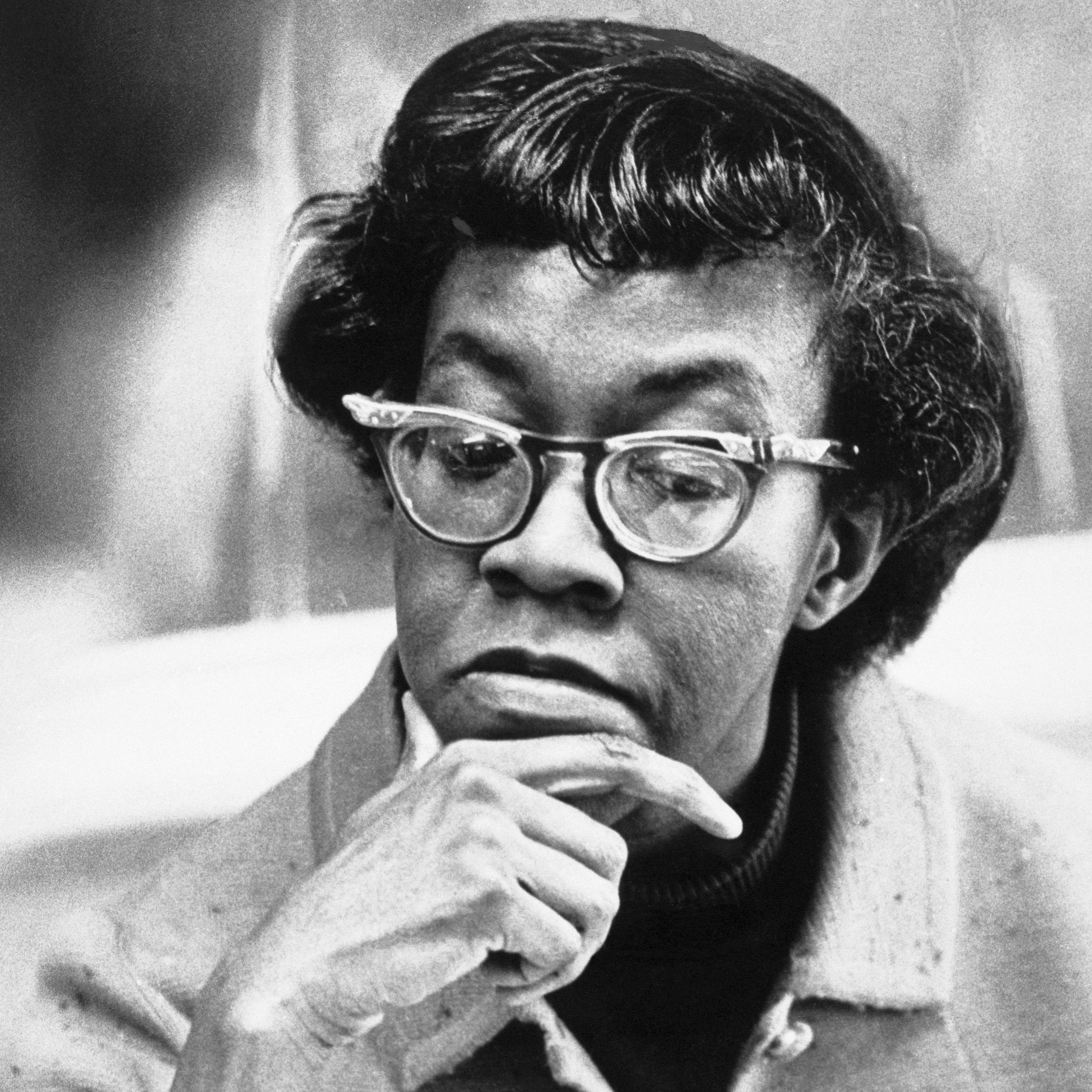I’ve stayed in the front yard all my life.
I want a peek at the back
Where it’s rough and untended and hungry weed grows.
A girl gets sick of a rose.
I want to go in the back yard now
And maybe down the alley,
To where the charity children play.
I want a good time today.
They do some wonderful things.
They have some wonderful fun.
My mother sneers, but I say it’s fine
How they don’t have to go in at quarter to nine.
My mother, she tells me that Johnnie Mae
Will grow up to be a bad woman.
That George’ll be taken to Jail soon or late
(On account of last winter he sold our back gate).
But I say it’s fine. Honest, I do.
And I’d like to be a bad woman, too,
And wear the brave stockings of night-black lace
And strut down the streets with paint on my face.
Published:
1963
Length:
Regular
Literary Movements:
Black Arts Movement
Anthology Years:
2020
2025
Themes:
Childhood & Coming of Age
Family
Persona Poems
Womanhood
Literary Devices:
Alliteration
the repetition of the same letter or sound at the beginning of words appearing in succession
Anaphora
a figure of speech in which words repeat at the beginning of successive clauses, phrases, or sentences
Dialogue
conversation between two or more people as a feature of a book, play, or movie
Rhyme
correspondence of sound between words or the endings of words, especially when these are used at the ends of lines of poetry

